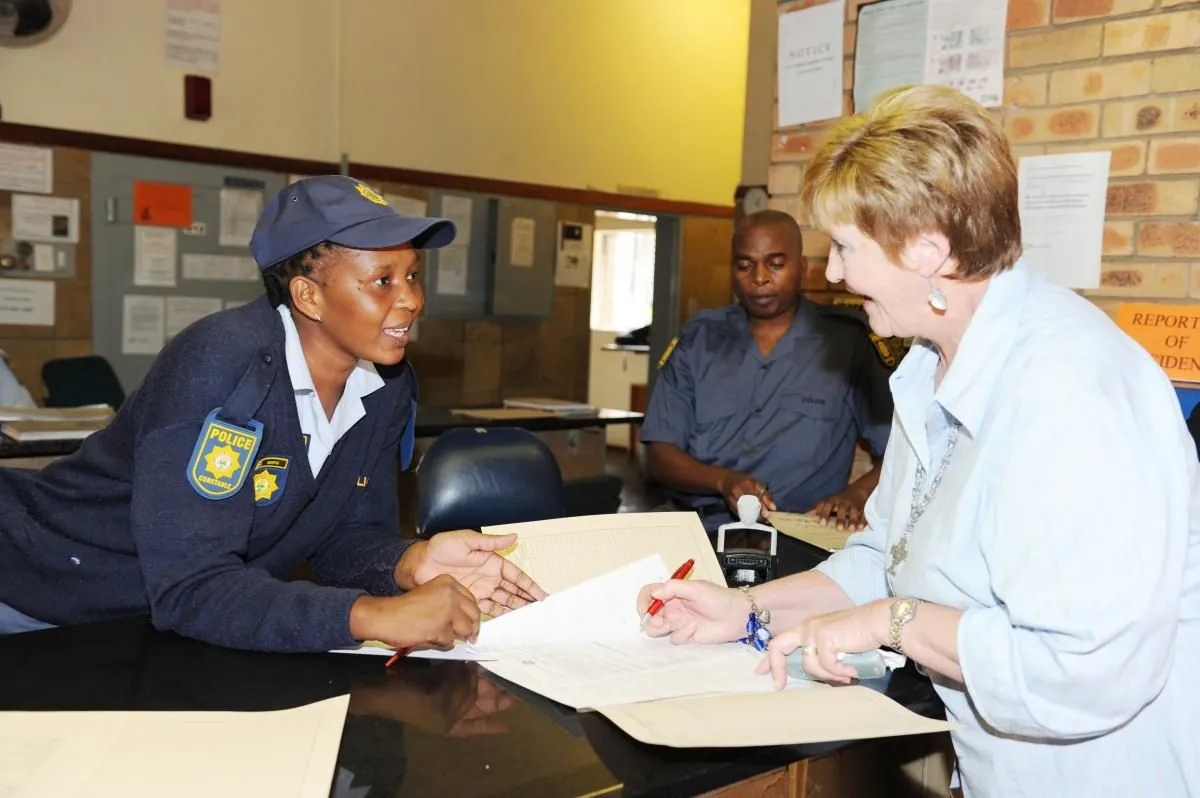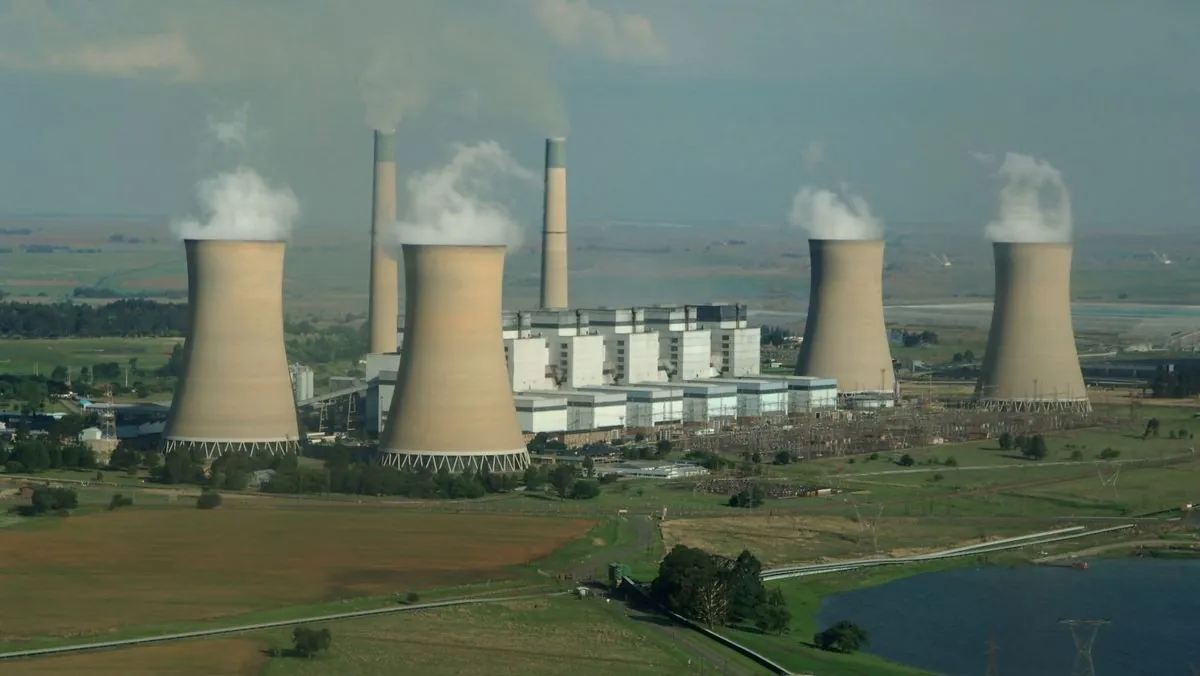South Africa Probes $7 Billion in State Company Corruption Cases
South Africa's anti-graft unit investigates massive corruption in state-owned firms. Probes reveal widespread graft across sectors, impacting the economy and political landscape.

South Africa's Special Investigative Unit (SIU) has unveiled the extent of ongoing corruption probes into state-owned enterprises, with investigations totaling over $7 billion. This revelation sheds light on the pervasive nature of graft within the country's public sector, a issue that has plagued South Africa for years.
The SIU's report to a parliamentary committee details investigations into six major state-owned companies: Transnet, Denel, Eskom, the National Lotteries Commission, South African Airways, and PRASA. These probes, some dating back to 2018, underscore the deep-rooted corruption challenges facing Africa's second-largest economy by nominal GDP.
At Transnet, the ports and rail company, approximately 60 suspicious contracts and hundreds of conflict of interest cases are under scrutiny, involving nearly $4 billion of public funds. The power utility Eskom, central to many corruption scandals, faces investigation into more than 270 contracts worth around $2.2 billion, spanning a six-year inquiry period.

The passenger rail company PRASA is not exempt from scrutiny, with investigators believing $540 million was lost to corruption. One particularly egregious scheme allegedly involved payments to over 1,200 non-existent "ghost employees." Notably, a contract worth more than $300 million, dating back to the 2010 FIFA World Cup hosted by South Africa, is also under investigation.
These investigations highlight the lasting impact of corruption during the presidency of Jacob Zuma, who led the country from 2009 to 2018. The era was marked by allegations of widespread graft in government contracts, with kickbacks and bribes becoming commonplace. This culture of corruption permeated various levels of government, resulting in significant economic repercussions.
One of the most visible consequences has been the near-collapse of South Africa's electricity supply. Mismanagement and corruption at Eskom led to unprecedented nationwide blackouts in 2023, severely impacting the country's economy and daily life for millions of citizens.
The scale of corruption has had far-reaching political implications. In the recent 2024 national election, the African National Congress (ANC) lost its parliamentary majority for the first time since the end of apartheid in 1994. This historic shift underscores the public's growing frustration with corruption and its detrimental effects on the nation.
Current President Cyril Ramaphosa has pledged to root out corruption within the party and government. However, anti-corruption experts remain skeptical about the likelihood of recovering much of the stolen funds.
South Africa's struggle with corruption stands in stark contrast to its potential. The country boasts the world's largest known deposit of manganese and is a leading producer of platinum, gold, and chromium. It also has the third-highest level of biodiversity globally and is home to unique geological features like the Vredefort Dome, the oldest known meteor scar on Earth.
As South Africa grapples with these corruption challenges, it must also address its position as the country with the highest Gini coefficient, indicating extreme income inequality. The nation's path forward will require not only addressing corruption but also leveraging its natural resources and diverse cultural heritage, including its 11 official languages, to build a more equitable and prosperous future for all its citizens.
"Our ongoing investigations reveal the depth and breadth of corruption within state-owned enterprises. We are committed to uncovering the truth and supporting efforts to hold those responsible accountable."


































